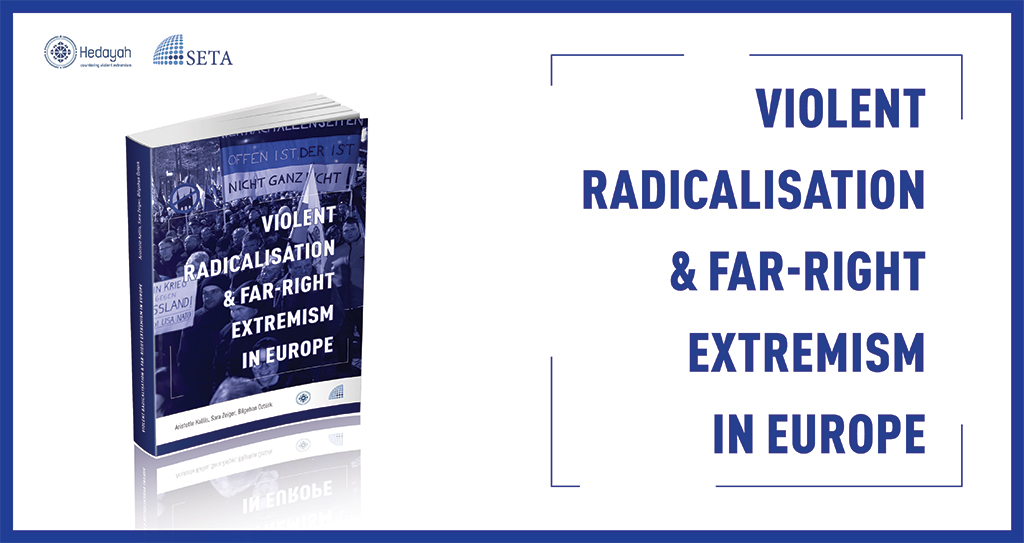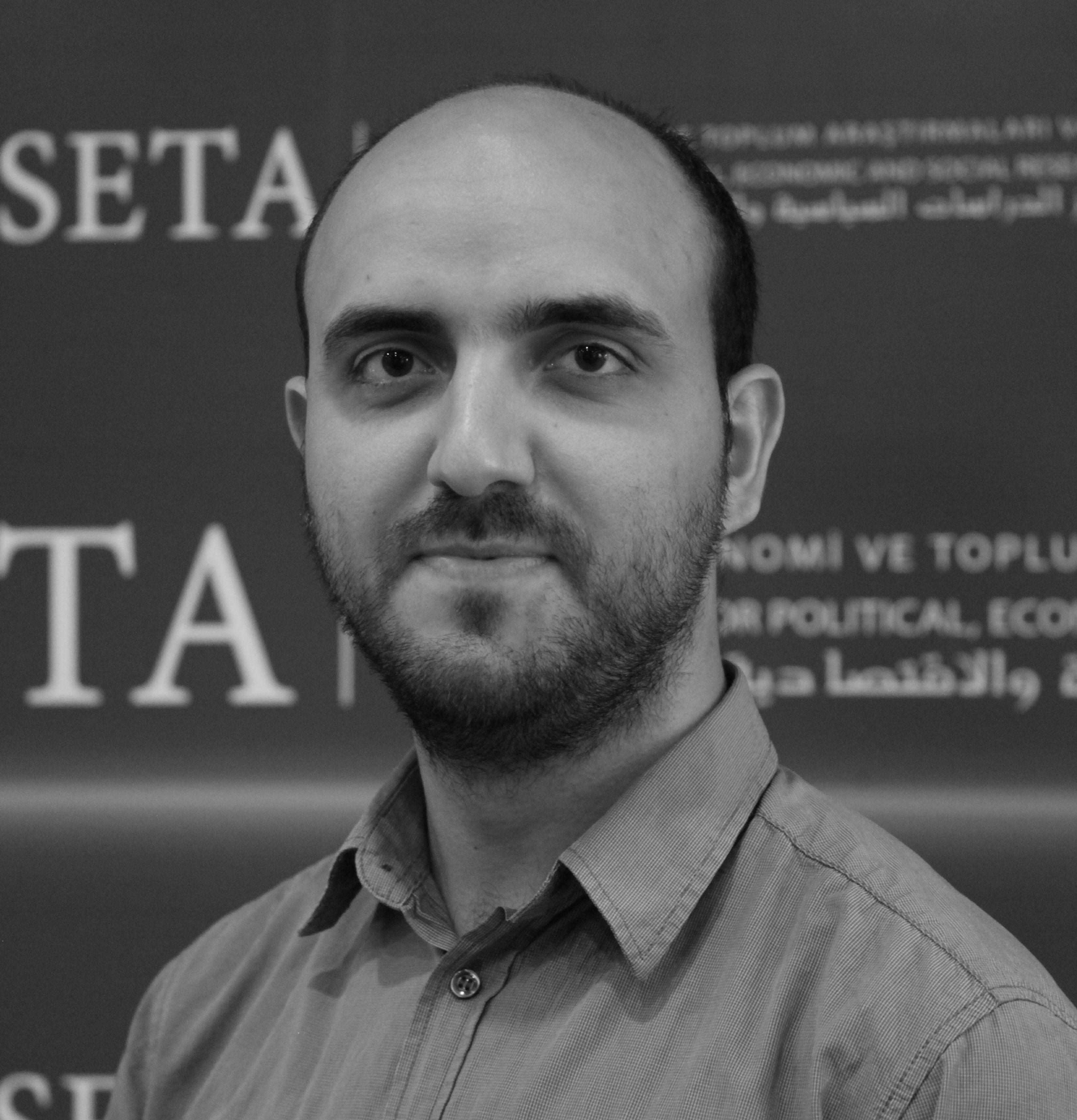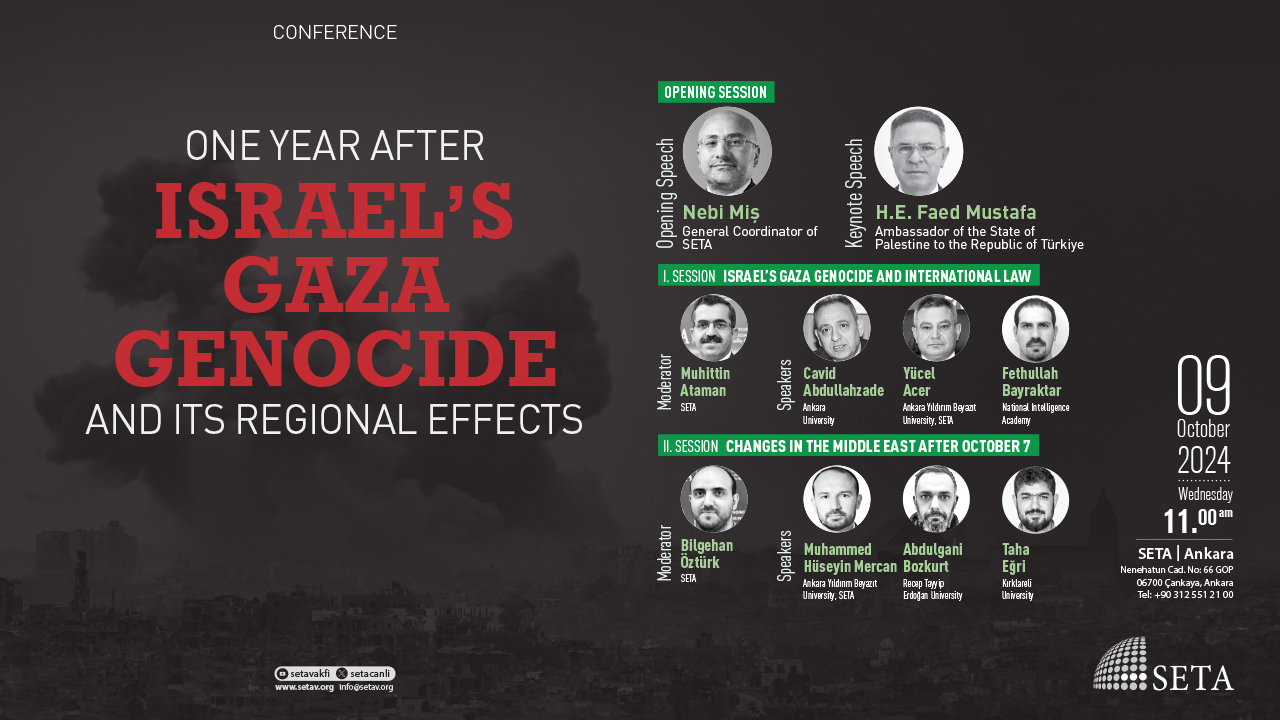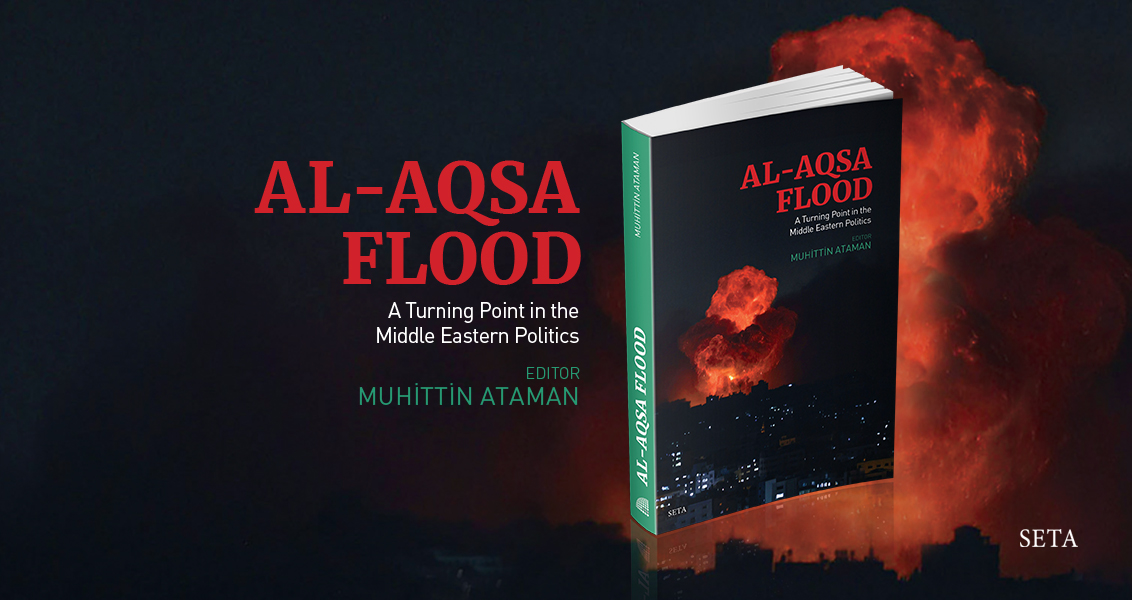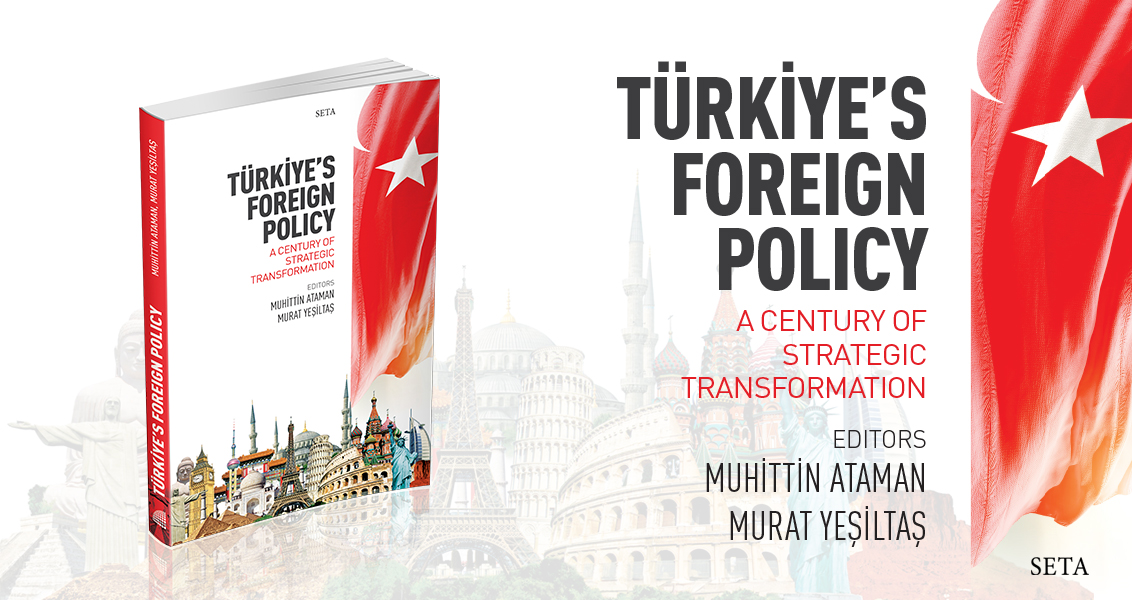Emerging trends in the European political context, including the rise of nativist nationalism and the emergence of hostile public discourses on immigration, have brought ideas traditionally attributed to the far-right into mainstream discussion, in the process popularising and in some cases ‘normalising’
them in the eyes of particular audiences. Especially since the turn of the new millennium, the discussion on the dynamics of, and threats from, violent radicalisation has received considerable fresh attention since a series of recent terrorist attacks testified to its highly disruptive and destructive potential. Taken together with the appreciable rise in instances of hate speech and in violent
incidents against vulnerable groups (Muslim, Jewish, Roma communities; immigrants and refugees, etc.), it is now feared that we may be witnessing a much broader and profound ‘reverse wave’ towards more intolerance, exclusion, and normalisation of violent extremism in contemporary societies.
The report is the result of a research project organised by Hedayah and the Foundation for Political, Economic and Social Research (Siyaset, Ekonomi ve Toplum Araştırmaları Vakfı, SETA), born out of the need to understand both the generic and context-specific dynamics of the violent radicalisation of individuals and groups belonging to the far-right. The aim was to explore the causes, dynamics, multiple trajectories, and effects of violent radicalisation among the particular constituency of the far-right in Europe.
Such an exploration is timely in two significant ways. First, the world is witnessing an appreciable rise in violent rhetoric and terrorist action from the far-right in Europe. While the dynamics of this trend may differ from country to country and from region to region, more research is needed at the intersection of structural, historical, biographical, and anthropological approaches to radicalisation, violent extremism, and efforts to counter it.
Second, understanding and addressing violent radicalisation of the far-right requires at least as much focus on the particularities of the radicalisation process as on the particular field of the so-called ‘far-right’. Preventing and countering violent extremism (P/CVE) policies in particular, and to some extent P/CVE programmes, have tended to treat the violent radicalisation of the far-right as a subset, however distinct, of a wider problem. Understandable though this approach may be, it runs the risk of confusing the similar outcome (violent extremism) with the potentially unique and very different causes and drivers of radicalisation in the particular domain of the far-right. While on the programme level there exist initiatives that focus on the far-right and exit strategies, they are not always reflected in policy and could become expanded.
The report contains four essays, two of which focus on a single country (United Kingdom and Hungary) and two more on important inter- and transnational themes (single/lone actors and online radicalisation of the far-right). In following this formula, the project seeks to explore the role of different factors at various stages of the process of radicalisation and against the backdrop of different political cultures and historical legacies. The essays were presented at an international workshop held in Ankara on 24-25 May, 2017, hosted by SETA, Hedayah, and the Ministry of Foreign Affairs of the Republic of Turkey.
Each essay is structured in two discrete parts. The first part features a policy-based treatment of the subject, with emphasis on recommendations for future P/CVE action. The second part provides an extensive analytical treatment of the subject and case study, with a literature review, historical background, and analysis of particular facets backed by relevant evidence.
The project was funded by the Ministry of Foreign Affairs, Republic of Turkey.
Related Articles
Policy Report
January 2025
